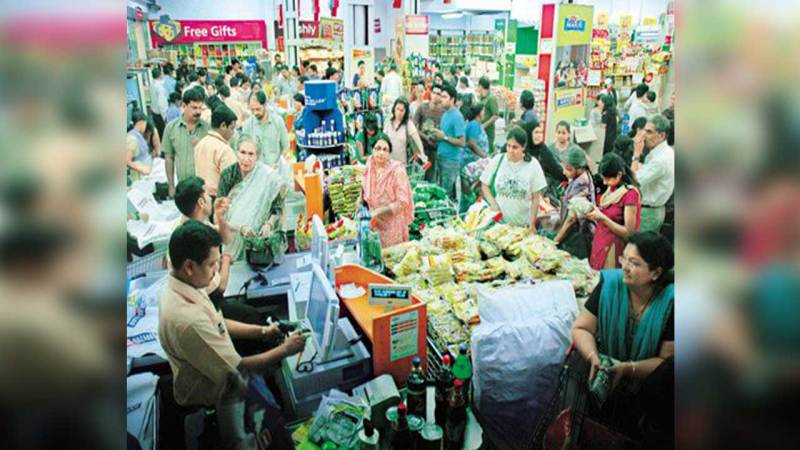
The Confederation of All India Traders (CAIT) has alleged that several domestic laws are being violated by quick commerce companies in India.
The laws being violated include Foreign Direct Investment (FDI) rules, Competition Act and Consumer Protection Act. Quick commerce companies are using unfair business practices to drive out retailers, kirana markets, small kirana shopkeepers from the market. In a white paper, the trade body claimed that FDI funding of over Rs 54,000 crore was received by India’s top three instant commerce platforms Zomato Blinkit, Swiggy Instamart and Zepto. Of which only Rs 1,300 crore or 2.5 per cent of the total fund was used for actual wealth creation. While the remaining 50 per cent of the amount would have been used to compensate for the business losses incurred by these accelerated firms, it is estimated. Since, firms are considered to suffer losses due to non-rational pricing. The deficit is met from such funds. Such behavior is tantamount to violation of FDI rules. As a rule, such funds aim to promote long-term growth by creating assets and infrastructure.
CAIT Secretary said that we will give a copy of this white paper to the Competition Commission of India, Ministry of Consumer Affairs and Chief Ministers of all the states. Because, retail trade is a state subject. Moreover these platforms violate FDI rules and laws by using unfair business practices like collusion with preferred sellers. FDI rules clearly provide for foreign supported markets to control or hold inventory. According to CAIT, Blinkit operates through five main vendors. Which includes Camaxle Ecommerce, TAMS Global, Superwell Comtrade. Swiggy Instamart is based on PYD Retail, Bhagwati Stores, Getmax Globe, Phoclo Technologies. Additionally Zepto as an inventory based e-commerce entity completely bypasses third party sellers by supplying products directly. The white paper alleges that these platforms have entered into vertical agreements with their preferred vendors, thereby controlling every aspect of production, supply, storage, distribution and pricing. Which limits market access for independent sellers. Affects the purchase price. It also restricts the customer’s options.
It was further claimed that the platform violates consumer protection laws by failing to transparently provide information about sellers to consumers. The trade body said such unfair business practices threaten the livelihood of three crore grocery retailers. Out of which one fourth people feel pressure to close the shop. The report also found that regulators are increasing scrutiny of e-commerce platforms. Last Tuesday, the Food Safety and Standards Authority of India had urged e-commerce and quick-commerce food business operators to ensure 30 per cent of the expiry date of products or a minimum shelf life of 45 days at the time of delivery to consumers. Last month, the Central Consumer Protection Authority had issued notices under the Legal Metrology Packaged Commodities Rules, 2017 to Quicken and e-commerce companies for violating the rules by displaying MRP and best before date for perishable goods on their platforms. .
Guru Nanak Jayanti today: Stock markets will remain closed.
There will be a holiday in Bombay Stock Exchange (BSE) and National Stock Exchange (NSE) on Friday due to Guru Nanak Jayanti. The market will remain closed on 15th November. After November 15, the stock market will remain closed on November 20 also. A report said that the market will remain closed on November 20 as there are assembly elections in Maharashtra.
 look news india
look news india
